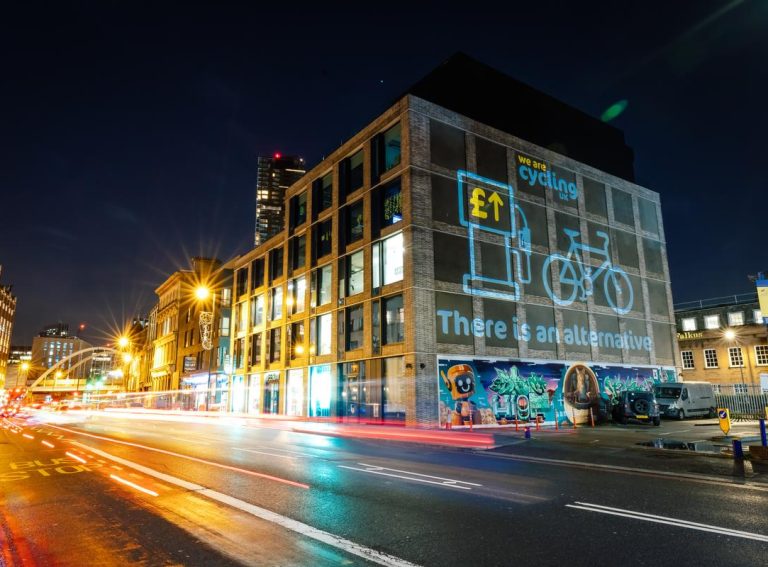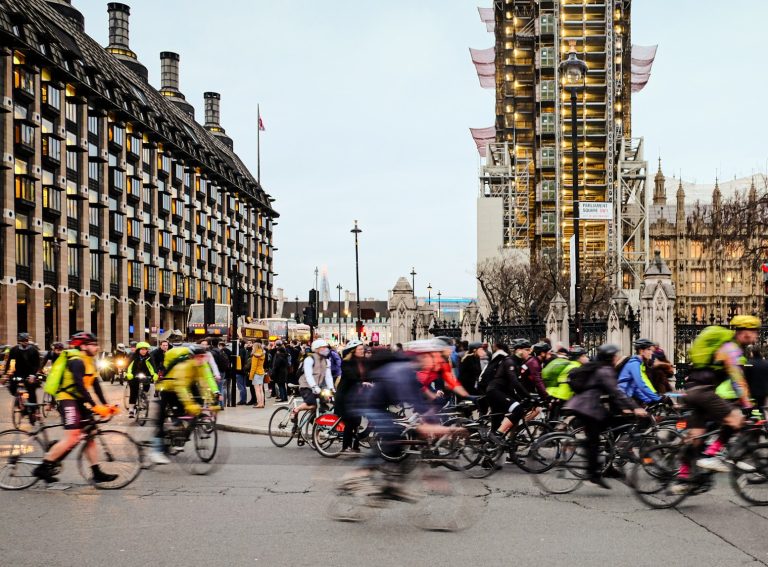“We believe that the Department should take swift action to legalise the use of privately owned e-scooters on roads and cycle lanes. We would expect this to take place within the next 18 months.”
With those words, the Transport Select Committee has begun the most significant chapter in the short history of electric scooters in the UK. The cross-party group of MPs has advised the government in writing to legalise electric scooters – and to do it soon.
The committee’s report, which runs to 49 pages, considered written and oral evidence from several groups on all sides of the scooter debate over multiple sessions. These included shared scooter operators, such as Bird (which organised a demo for members), Bolt, Dott, Lime, Tier and Voi; retailers selling electric scooters to consumers, such as Pure Electric and Halfords; organisations representing other road users, such as Sustrans, Cycling UK and the RNIB; transport authority TfL; and representatives from government.
The report says of electric scooters: “They have the potential to offer a low cost, accessible and environmentally friendly alternative to the private car. The Department [of Transport]’s focus should be on developing and implementing a sensible and proportionate regulatory framework for legal e-scooter use, drawing on lessons from other countries, which ensures that potential negative impacts on pedestrians and disabled people are avoided.”
“Should the Government legalise e-scooters following the trials, users should not be required to have a driving licence either for rental schemes or private use.”
transport select committee
Currently, the only legal means of riding an electric scooter on the roads in Britain is under one of the DfT trials, using rental scooters. To introduce these trials quickly as a response to Covid, the DfT was forced to mandate a driving licence for users of these services; with that stipulation comes a minimum age limit of 16. Today’s report is categoric in its opinion that this requirement must be dropped when e-scooters are made legal.
“It is unfortunate that, due to a legal technicality, users of rental e-scooters in the Government’s trials are required to have a driving licence,” the report states. “People without driving licences ought to be a key target demographic for the rental schemes, yet they are excluded…Should the Government legalise e-scooters following the trials, users should not be required to have a driving licence either for rental schemes or private use.”
This positive stance does not mean the group of MPs are unaware of the concerns aired by concerned parties. The report plainly says that the misuse of electric scooters, such as on pavements, is dangerous. E-scooters, will need clear rules governing user behaviour and vehicle type, and enforcement of both – like any other mode of transport.
Among the experts quoted in the document is Professor Jillian Anable from the Institute for Transport Studies at the University of Leeds, who said that e-scooters could help “delay the onset of car ownership or perhaps prevent car ownership altogether.”
The committee did not draw definitive conclusions about provision for insurance beyond trial programmes, noting: “There are mixed views by stakeholders on whether, in the longer-term, there should be a mandatory requirement for e-scooter riders to have insurance, either for rental schemes or for privately owned vehicles. In our view, an e-scooter is more akin to a bike or an e-bike, rather than a moped, and we share concerns that too many requirements on users or operators may be burdensome and discourage take-up.”
Some organisations called for mandatory training before riders could use e-scooters on public roads. The report quotes the response of Rachel Maclean MP: “These vehicles…are incredibly easy to use. They are easier to use than even a cycle, so we did not think it was necessary to mandate training.”
On the thorny subject of helmets, the report again strikes a balanced tone: “We understand that it may not always be practical or feasible for users of rental e-scooters to obtain and wear a helmet.” The MPs did say, however, that helmet use ought to be encouraged for riders by shared scheme operators and, later, the DfT.
The report outlines several issues that need to be examined thoroughly under the DfT trials, including tackling street clutter, protecting pedestrian zones, setting and managing speed limits, and dealing with misuse.
The MPs examined every facet of scooter use, including environmental concerns. The concluded: “There are valid environmental concerns relating to the lifetime of the scooters and the processes used to charge their batteries. It is encouraging that e-scooter companies are making improvements to these processes as technology develops.”
Which criteria are being assessed by government over the trial period, and how, must be made available for scrutiny, the committee insisted: “We recommend that the Department publishes its central evaluation framework for the rental trials, in order to ensure full transparency and scrutiny of the policy development process.”
Today’s report lays out in detail what the DfT and government need to assess and evidence before a change in the law can or should be made to accommodate electric scooters permanently.
It seems that the legalisation of e-scooters, both shared and private, is a matter of when, not if.




